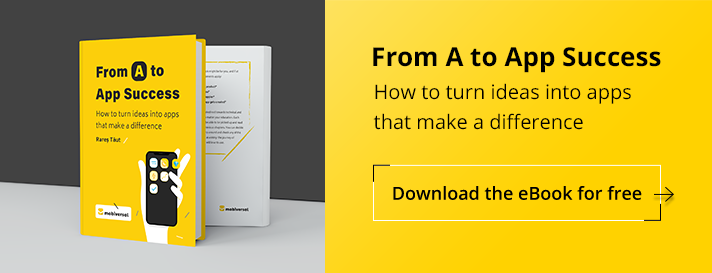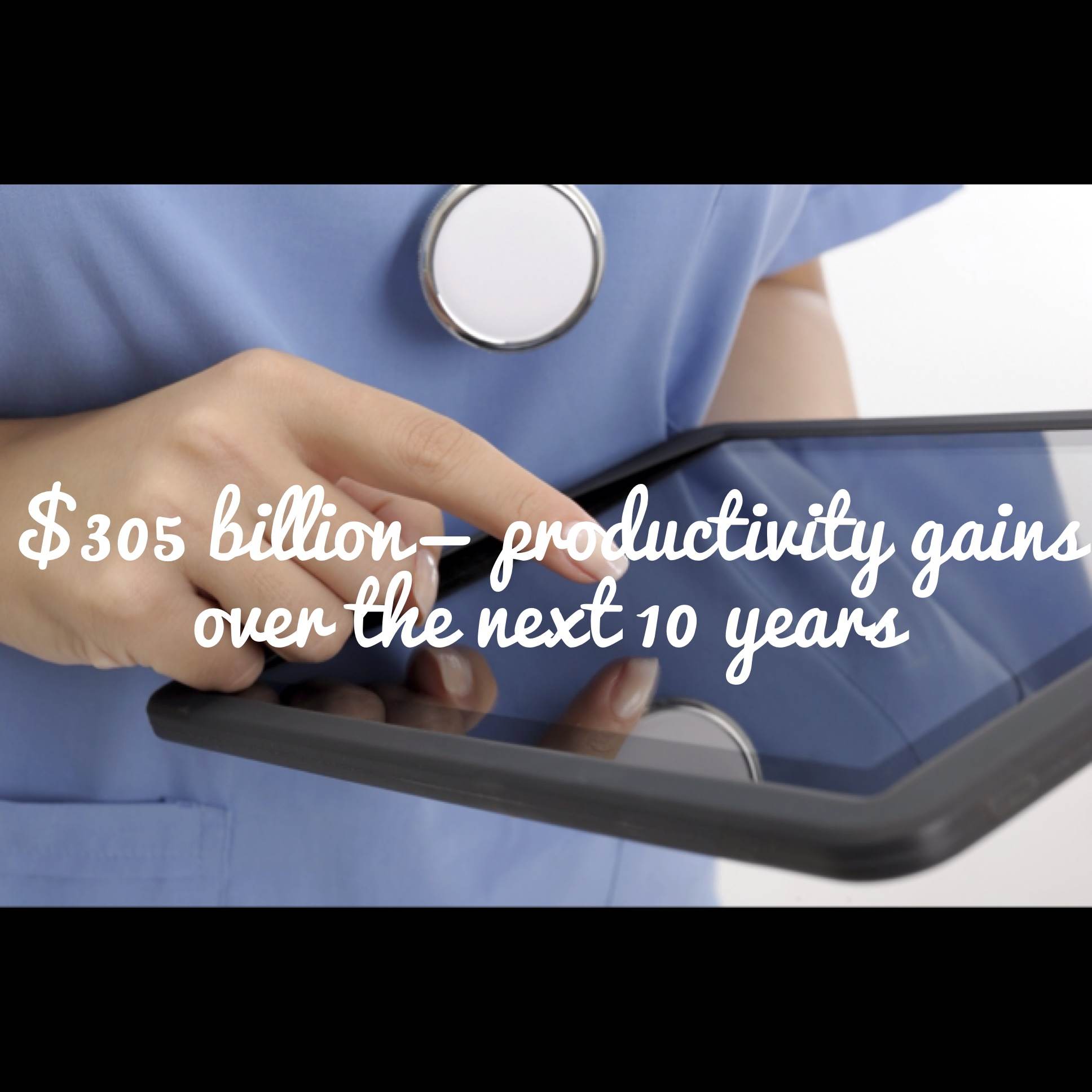Hospital Apps
Mobile apps for hospitals offer great versatility and utility, helping provide high-quality, low-cost health services. Apps open lots of possibilities:
– They can be a communication tool that shares real-time information and messages.
– They can serve as a remote monitor that reduces isolation and brings care into the home. Hospital apps can transform the smartphone into a smart device that monitors and reports in real-time the patient’s health.
– Apps can become a companion that reminds and motivates its user to exercise or take their medications.
– They can gather data from patients and lead to targeted drug therapies. Data gathered through personal sensors is anticipated to grow from 10 percent of all stored information to around 90 percent within the next decade.
– Hospital apps can act as educators by teaching young children with diabetes on self-management using fun activities to stimulate and reinforce self-directed learning.
– They can reduce hospital admissions through the use of videoconferencing-based sessions. Home-care personnel training can prevent or reduce the need for hospitalization. One large study of telemental health services found that employing these tactics reduced hospital admissions by 24 percent and decreased the average time spent in the hospital by 26 percent.
In a recent study Deloitte estimated that industry productivity gains through the use of mobile devices will peek to $305 billion over the next 10 years (to 2021). Savings are expected to occur via reduced travel time, better logistics, faster decision-making, and improved communications.
Remote monitoring technologies are predicted to save nearly $200 billion,particularly by managing chronic diseases in the U.S. over the next 25 years. Other estimates suggest that remote monitoring can reduce costs for caring for the elderly in rural areas by 25 percent.
Hospital apps get support from physicians too. According to a January 2013 survey of healthcare providers conducted by eClinicalWorks, 93 percent of physicians find value in having a mobile health app connected to the Electronic Health Record. The same survey found that 93 percent of physician respondents believe that mobile health apps can improve a patient’s health outcome, and 89 percent are likely to recommend an app to a patient.
The eClinicalWorks’ survey also found: The top benefits for having a mobile health app feed data back into a patient’s electronic health record physicians cited are:
– Nearly six in ten physicians (58%) said a top benefit was the ability to provide patients with automatic appointment alerts and reminders. In fact, six in ten physicians also said that at least half of their patients would be interested in appointment reminders via a mobile app.
– Nearly half of physicians cited a patient’s access to medical records is a top benefit; and The ease of scheduling appointments.
One hospital that launched mobile apps is Boston Children’s Hospital (for iPhone and Android). “We’re looking at leveraging the convenience, mobility and usability factors that come with most mobile apps,” said Naomi Fried, chief innovation officer at Boston Children’s Hospital. Boston Children’s Hospital MyWay™, provides valuable information for navigating the Boston Children’s Hospital patient experience. Benefits to app users include access to information on over 1,000 physicians, more than 200 clinical programs and five Boston Children’s clinical sites. Users can place a phone call or get directions to their clinic location in the hospital.
If you’re feeling hungry, you can get menus, prices and discount information to the various food services in or around the hospital. App users can also access MyChildren’s Patient Portal to review and manage your child’s appointments, securely message your child’s clinician and view lab and health records.
Hospitals that have deployed apps have already felt an impact: A survey of 235 respondents primarily working in hospitals or multi-hospital systems found that 62.7 percent reported increased productivity for mobile clinicians and staff observed since deployment of wireless data applications. Thirty-eight percent reported productivity gains of between 5 percent and 20 percent, and 10 percent reported productivity gains of between 45 and 60 percent.
To be able to implement an effective mobile strategy, hospitals must consider entering into strategic partnerships with lead technology providers who offer guidance and expertise in this sector that faces such rapid advancements.





